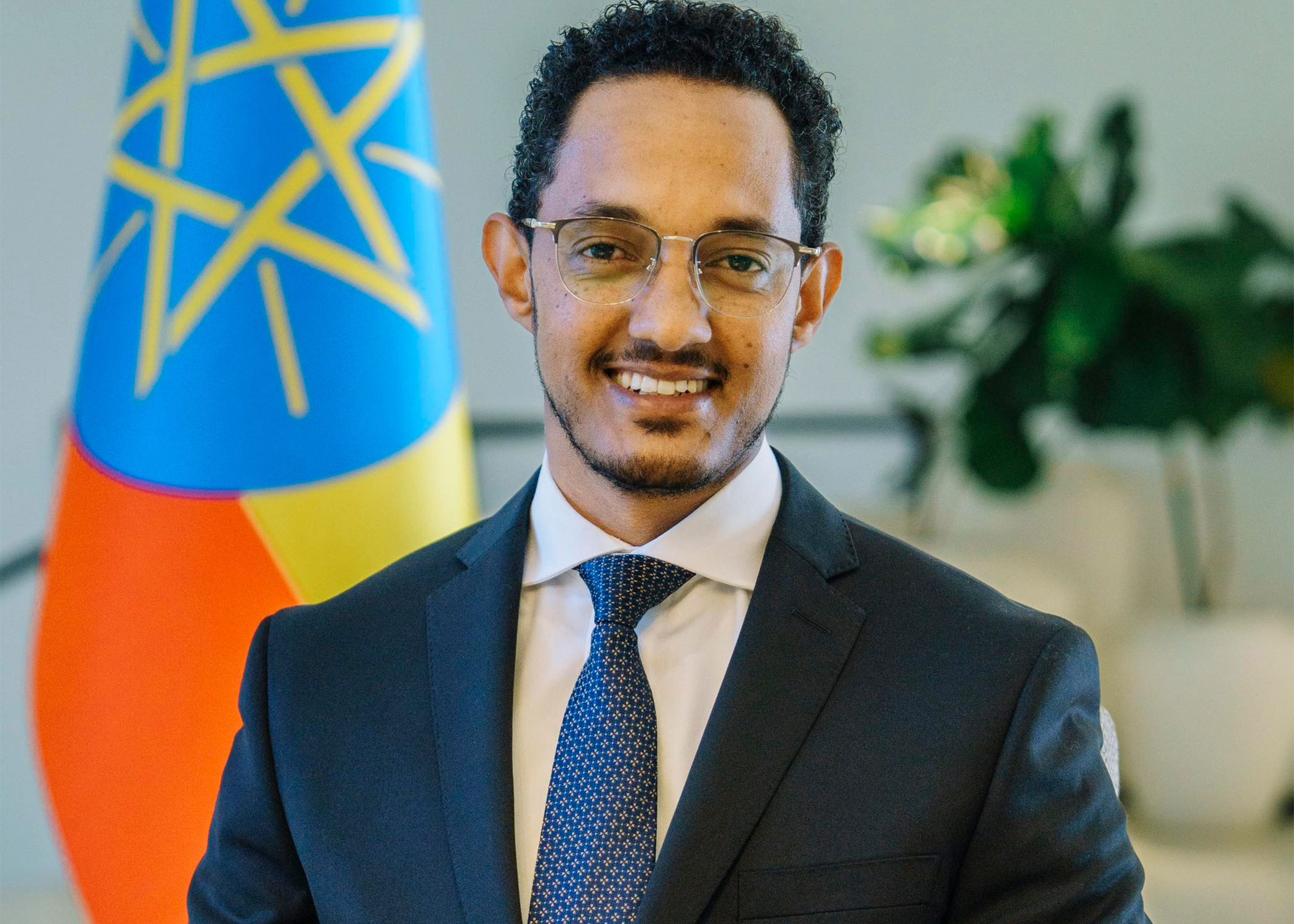Society plays a significant role in the personality of an individual. It molds the way we respond to situations, carry ourselves, speak, walk, act and even think.
Each society has a culture that is authentic, and Ethiopia has several norms that are only found in this country. This can sometimes be defined by the very vocabulary of languages, which are profoundly affected by cultures and norms. Depending on the occurrence or non-existence of the experience, vocabularies are shaped.
Depression, for instance, does not have an equivalent term in Amharic, for the experience is often attached to the word for boredom. On the contrary, certain qualities are explained well in the Amharic language but lack an English term. The word Yelugntais a famous example. A feeling found abundantly in social circles in Ethiopia, it proves itself challenging to translate.
This quality of an Ethiopian psyche, which can be translated to “what would people say?”, is described in a book entitled “Ethiopia in Transit: Millennial Quest for Stability and Continuity,”
Yelugntarefers to deference to public moral accountability. The book goes on to describe this authentic word as the definer of the ethical limits of the acceptable, a moral sanction against conduct deemed unethical.
Manifested throughout one’s life and affecting the outcomes of several situations, Yelugntais a powerful social tool in Ethiopia. It serves as a rather acceptable façade, a mask to abide with the rules that have been handed down from one generation to another.
Every thought, idea or feeling has to pay fealty to Yelugntaand can only be expressed if it passes the query, “What would people think?” or “What would people say?”
Because of this fear, people often shy away from opportunities, dreams and passions. We want to take a bite, to stay and converse more or point out that we are uncomfortable, but instead we remain silent or even allow others to speak on our behalf. We want to be, but we are not, and ultimately we want to live, but feel tired with the thought of someone driving the car we call our life.
The psychology behind “What would people say” can be understood in the positive sense of abiding with socially constructed rules that do not allow people to surpass the rights of individuals. But it can also be understood in the sense of depriving oneself of the value and metrics of one’s life.
What society says cannot be a frame of reference to what is right or wrong. Society should not decide which action is acceptable or undesirable, as long as no one else will get hurt mentally or physically. Even objects, let alone subjects, that seem to have a clear cut purpose act as different tools in different situations.
And if objects cannot be boxed into a pre-determined corner, how can situations, beliefs and ideas?
This is a glitch in the system. It is a fundamental error to explain that any outcome of culture or norm is a permanent trait that cannot be improved upon or changed based on circumstances and context.
It is for that reason Yelugntais a flawed means of social relations. It allows society to control the actions the individual desires to make. This creates an emotional prison and shackles the brain.
Even though Ethiopians are bearers of a quality that exists far less intensely elsewhere, it is a culture that should be discarded. It is holding back the potential of the youth that dare to think differently and ultimately contributes to the nation’s lack of progress.





 Loading your updates...
Loading your updates...